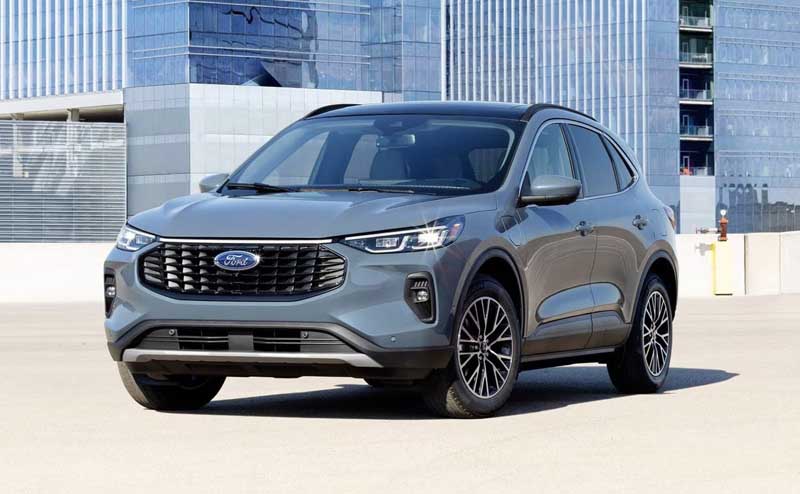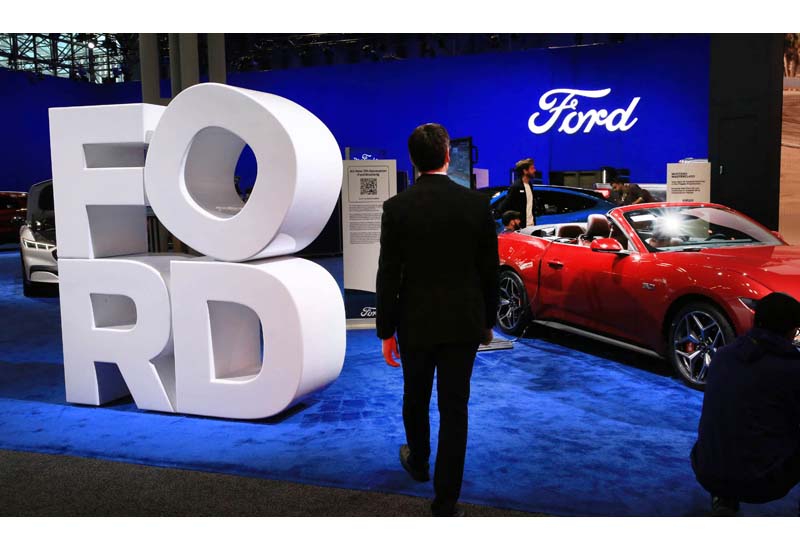Ford announced it is axing three of its gasoline-powered models in the US market as the company pours more resources into electric vehicle development. The Escape SUV, Edge crossover, and Transit Connect commercial van will be phased out over the coming years.
The move aims to allocate more capital towards Ford’s ambitious EV goals laid out by CEO Jim Farley. As legacy automakers transition to electrification, tough decisions on legacy models are required.
Ford cited higher than expected losses in 2023, to the tune of an additional $4.5 billion deficit, as necessitating the cost-cutting measure. The discontinuations will help fund Ford’s massive $50 billion EV investment.
The Edge crossover is already set to end production at Ford’s Oakville plant in Canada. That facility will be converted to manufacture a new three-row electric SUV instead.

The Transit Connect commercial van has already ceased production for the US market. Only the popular Escape SUV remains active for now, but will also face discontinuation down the road.
While difficult, Ford’s decision illustrates the kinds of bold moves needed to compete in the new EV reality. As consumer demand shifts to electric, adapting and right-sizing combustion engine models is essential.
The success of the fully electric Ford F-150 Lightning pickup validates this direction. Leaner ICE lineups will free up resources to expand Ford’s EV portfolio spanning trucks, vans and SUVs.
Ford Steps on the Gas to Ramp Up F-150 Lightning Production
Ford recently broke ground on a massive $5.6 billion EV plant in Tennessee as part of its electrification push. The company is going all-in on new battery and electric vehicle technologies to thrive long-term.
Though winding down models is painful, Ford’s willingness to evolve puts it in a stronger competitive position. As the industry transforms, Ford aims to emerge as a leader rather than another cautionary tale.
Related Posts: Ford Q2 Earnings Report Reveals Strong EV Sales But Heavy Losses
